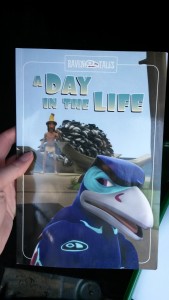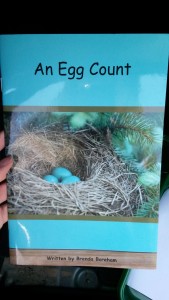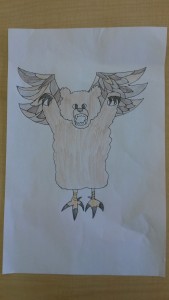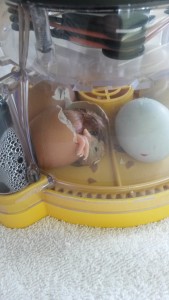This week marks the end of the CFE and the practicum experiences in general for the year. What a great time it has been. I am very thankful for being placed in an elementary school for my CFE. Over the course of the CFE experience I have learned many new teaching strategies that will be helpful when I begin to TTOC and have my own classroom. I was able to observe many teachers and their class management strategies. In particular, I learned a few new attention grabbing strategies such as a few songs, and some clapping strategies. Many teachers at my CFE school also gave me many ideas for TTOCing. My experience in the library was especially valuable as I was able to plan lessons based on different books and try to create cross-curricular lessons for various grades. This experience was also a great opportunity to work on asking “good” thinking questions during read alouds and activities to extend thinking and enhance learning. My most memorable experience was planning a lesson around the book “The Day the Crayons Quit,” a personal favourite of mine! This book inspired students to draw and create, as well as write letters from the perspective of a crayon. Please see the image below for a picture of this book.






